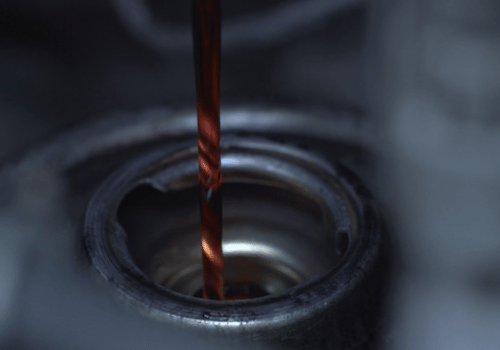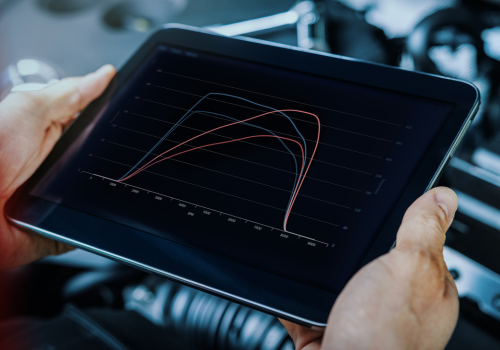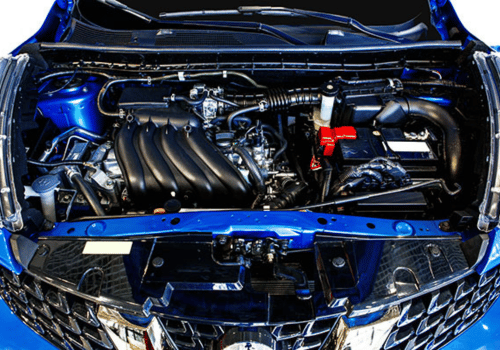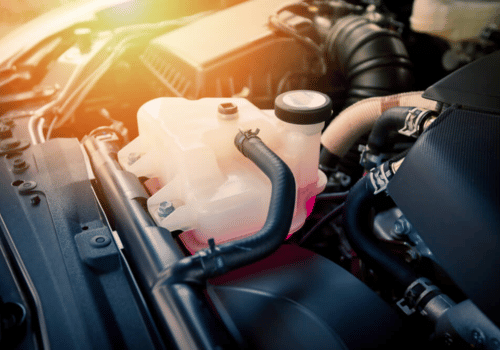Our Blog

28 Oct, 2023
We have all been there - on the side of the road, with the hood in the air, wondering what's wrong with the car. While most people might opt-out for the waiting game, some jump into DIY repairs and think they can fix everything. The truth is much more harsh, sadly and roadside repairs are a very bad idea most of the time.

01 Oct, 2023
On your everyday commute, you might not think much about your fuel injectors, but these small components play a significant role in your vehicle's performance. Fuel injectors are responsible for delivering the precise amount of fuel into your engine's combustion chamber, ensuring your car runs efficiently. When these injectors become dirty or clogged, it can lead to a host of issues that affect your engine's performance and fuel economy.

31 Aug, 2023
Buying a used car can be an exciting venture, full of potential savings and the allure of driving a new-to-you vehicle. However, with this excitement comes a certain level of caution. The used car market is diverse, and not every vehicle is as good as it seems. This is where pre-purchase inspections (PPI) come into play. What does that mean? It is a thorough evaluation of a used car by a qualified mechanic before you make the final decision to purchase.

31 Jul, 2023
In the world of automotive performance, enthusiasts are continually seeking ways to maximize their engine's potential. Engine remapping, also known as ECU (Engine Control Unit) tuning or chipping, has emerged as a popular method to unlock hidden power and enhance a vehicle's performance. Let's shed some more light on this topic and see what it is and why people cater to it.

01 Jul, 2023
Are you looking to take your driving experience to the next level? Do you crave the exhilarating rush of increased speed and improved responsiveness? In this blog, we delve into the exciting realm of boosting your engine's performance. Whether you're a car enthusiast seeking more power or simply looking to optimize your vehicle's capabilities, we'll explore various methods and techniques to unlock the true potential of your engine. Buckle up and get ready to unleash the power within!

31 May, 2023
Regular maintenance and care are essential to keep your car running at its best. One important aspect of vehicle maintenance is a tune-up, which involves inspecting and servicing various components of your car to ensure optimal performance. But how do you know when it's time for a tune-up? We will look at exactly that in this blog - here are five signs your car needs a tune-up.

29 Apr, 2023
Changing a headlight bulb may seem like a complex task, but with the right tools and a little guidance, you can easily replace it at home. A burnt-out headlight bulb not only compromises your visibility on the road but can also result in a traffic violation (and a ticket). So, it's important to address this issue promptly and in time. If you want to make this a DIY project, you are in the right place! Here is a simple guide to how to change a headlight bulb.
© 2024
Gordon Automotive, Inc. | Privacy Policy | Accessibility Statement


